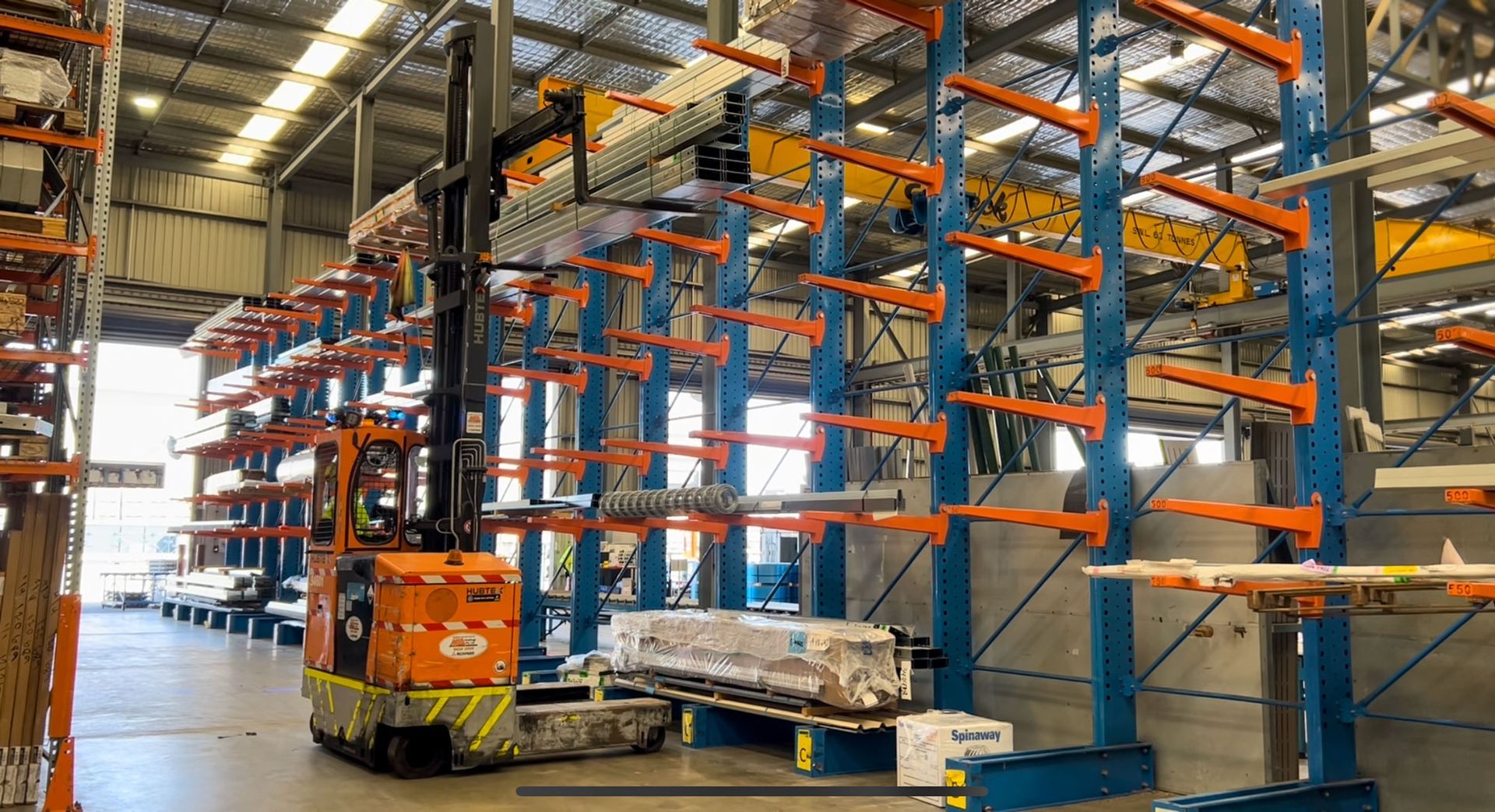Top Interview Techniques - Learn How to Conduct an Interview
Looking for the best way to conduct an interview? Whether you’re hiring for the first time or want to refine your process, here are our top interview tips to help you confidently assess candidates and make the right hire.
Summary of Key Interview Tips:
- Start with preparation – Review the job description and plan your questions in advance
- Create a comfortable environment – Small talk and good listening skills go a long way
- Ask open-ended questions – Get specific examples, not just yes/no answers
- Explain the role clearly – Ensure the candidate understands the position
- Be ready to answer questions – Candidates may want to know about the team, pay, or career pathways
- Wrap up professionally – Outline next steps and give a clear timeline
- Follow up – Provide feedback and keep top candidates engaged
- Remote interviews? – Test your tech, set a clear agenda, and choose a quiet space
How to Prepare for an Interview (as the Interviewer)
Review the Job Description
Before the interview starts, knowing precisely what you have written in the job description is essential. Your job as an interviewer is to ensure that the candidate can perform the roles and responsibilities that will be given to them.
By reviewing the job description, you can develop better interview questions to help you determine if they are the right candidate for your company.
Prepare Relevant Interview Questions
Need to know if your candidates have the qualifications and tickets needed to get a job done? Don’t forget to ask! Make sure you know the type of information you need to gather prior to the interview, and expand from there to better understand if they are a culture fit.
It’s a good idea to ask a range of questions, but remember to try and keep them open to encourage your candidate to talk in more detail.
Pre-Plan
Before you schedule any interviews, ensure that you know where they will be held, for how long, and review candidates' resumes before they come in. This will ensure that interviews go smoothly and allow the candidate to feel comfortable enough to express their true personality.
Be Prepared for Questions
Expect your candidate to ask you questions about the position, company culture and development/progression opportunities. Before the interview, it’s a good idea to prepare for these questions and develop a list of answers.
Here are some common questions you may be asked:
- What does a typical day look like for someone in this role?
- Is there overtime available, and how is it compensated?
- What kind of training or onboarding do you provide?
- What tools, equipment, or safety gear does the company provide?
- Are there opportunities for advancement or additional certifications?
- What are the most important qualities or skills you're looking for in someone for this position?
Tips During the Interview
Introduction & Listening Skills
First impressions last. Show up to the interview prepared and offer a professional greeting. Give the candidate your name and your professional title to let them know who will be conducting the interview. If you are interviewing with other team members, introduce them too.
During this time, engage with active listening and observe. Try to take note of the candidate’s tone, body language and confidence. While interviewing, try to make sure that you maintain eye contact, nod often and use the candidate's name where you can.
Small Talk
The last thing you want is for a candidate to feel tense or nervous. To encourage more thoughtful and authentic responses, it's important to help them relax, and small talk is one of the most effective ways to do that. Casual conversation not only puts candidates at ease but also offers insight into their personality and communication style based on how they engage.
Explain What the Role Entails
Chances are, your candidate has applied for many jobs over the last few weeks. To get better answers on their relative experience, it's a good idea to remind them of the job and which tasks they will be expected to perform. Failure to do so will make the interview more difficult for both you and the candidate.
Discuss Relevant Qualifications
Does the candidate need a Working at Heights card? A White Card? Before the interview, make sure you have a clear understanding of the certifications required for the role. If the candidate doesn’t yet hold the necessary qualifications, use the interview to discuss how they can obtain them, or explain how these will be provided during the onboarding process.
No Right / Wrong Answer
Explore asking more open-ended questions that do not have a clear yes/no answer. This helps get more relevant information from the candidate with specific examples. For example, if they are looking for warehouse job roles, instead of asking “Do you have a Forklift Licence?”, you could ask, “Can you tell me about your experience working with forklifts and other warehouse equipment?”. This way, you can better understand the candidate's experience level while confirming that they have the relevant tickets for the job.
Let the Candidate Ask Questions
As the interview begins to wrap up, allow time for the candidate to ask some questions. Take the time to research some commonly asked questions and provide relevant, concise answers that are truthful. The hiring process can be long, so be sure to set their expectations appropriately.
Next Steps
To conclude the interview, you can set expectations for the next steps in the hiring process. Try to be as concise as possible, informing them of potential second interviews, dates and times if possible. Give them a time frame in which they can expect an answer from you if they are successful.
Follow Up
Follow up with the candidates you were impressed by, even if they weren't selected for the role. Staying in touch and offering constructive feedback not only supports their professional growth but also leaves a positive impression of your company. If your chosen candidate declines the offer or withdraws, you’ll save valuable time by having a strong pool of engaged, qualified individuals to turn to.
If you are looking to grow your team without the hassle, consider using a professional recruitment agency today.
Tips for Remote Interviews
Send An Email With Meeting Details & Agenda
Before you begin your interview with a potential candidate/s, be sure to send them an email that outlines all of the meeting details, the agenda, and any other information that they need. This will help them to give you more relevant answers to help you determine if they are a good fit.
Test the Technology
The last thing you want is a Windows update two minutes before your scheduled interview. Ensure that you have tested all of the technology, including the mic, camera, and computer, to ensure that they are all working as expected. It’s also good practice to jump into a practice call with one of your coworkers to test if they notice any background noise or if any adjustments need to be made.
Consider Location
Choose a clean, quiet and well-lit area to conduct your interview. Setting a good first impression is important if you want to find the right candidate. Show them that you have put in effort, and you are taking the interview as seriously as they are.
Backup Phone Number for Incidents
It's bound to happen. Someone will have an internet or tech problem. For this reason, it is a great idea to put a contact number or another way of communication in the meeting details & agenda email. Additionally, if you have the candidate's resume, you should have their contact details in case something on your end isn’t working.
Hire with IRP
Remove all of the stress of the hiring process and work with our skilled recruitment team at IRP. Our team works with you to find skilled, committed workers who are ready to show up and do the job.
Find the right people with the right recruitment agency.
Contact our team today to get started.
Join Our Mailing List
Interested in receiving more content similar to this straight to your inbox each month? Sign up to our mailing list below!












